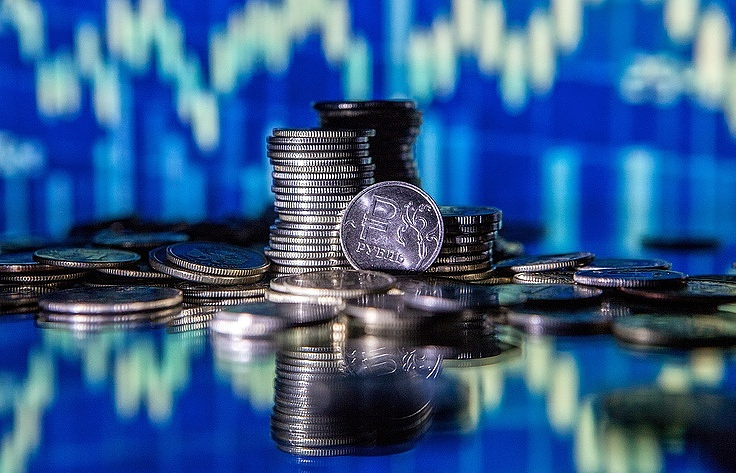The results of last year demonstrated that the Russian economy has adjusted to cheap oil and sanctions, Economic Development Minister Maksim Oreshkin said at the World Economic Forum in Swiss Davos on Thursday.
“The reason for not very good economic results over the past couple of years is that in end-2014 we decided to totally adjust the economy to a new environment, ranging from low crude oil prices to sanctions. The aggregate shock for Russia’s payment balance totaled 13% of GDP and we fully correlated this. Speaking about 2016 results, against the backdrop of the oil price of $40 per barrel we had a current account surplus and a small budget deficit, which means a sustainable economy. This also means that we’ve adjusted not only to low oil prices but to sanctions as well. What we prefer to do now is to focus on our own problems, the country’s structural issues, and we don’t think much of the sanctions,” he said.
Russia needs a long-term stability on the oil market instead of high crude prices, Oreshkin said.
“What we need is a long-term market stability and a stable development of the oil market, not high oil prices,” he said, adding that Russia “is ready to any scenario taking into account the domestic situation.”
